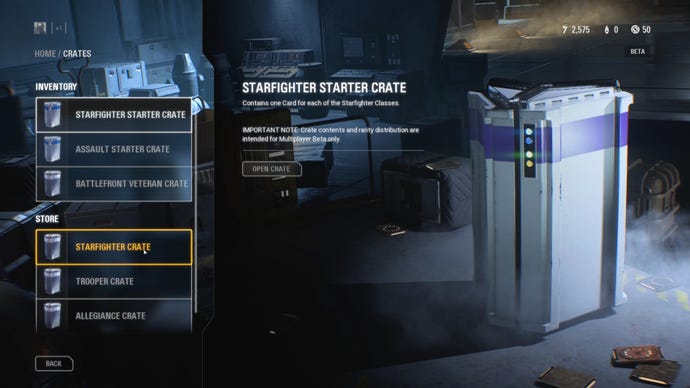Game devs setting up roundtable discussion on how to counter anti-loot box legislation at GDC 2018
As part of this year's Game Developers Conference, one talk in particular is advocating against "burgeoning legislation around the world against loot boxes."
The roundtable discussion, called Censorship Strikes Back, is part of GDC 2018's schedule, and will take place March 21.
The talk is hosted by Daniel Greenberg, CEO of Media Rez and part of the International Game Developers Association (IGDA)'s Anti-Censorship and Social Issues Committee.
In the talk, Greenberg hopes developers can come together to discuss how to protect their rights from "game censorship" in several topics, including legislation around loot boxes, the banning of Augmented Reality (AR) at certain locations, and the World Health Organization's recent classification of "gaming disorder" as a mental health condition.
The talk's pitch describes these as "assaults on their self-expression and business rights" and hopes to explore the implications of these developments and how developers can "protect themselves and support their peers."
Here's the full description of the talk:
"Global gains against game censorship are suddenly at risk from a combination of actions against our industry. With the World Health Organization classifying "gaming disorder" a mental health condition and burgeoning legislation around the world against Loot Boxes, a handful of government officials again wield outsized power over our creative and business decisions. Additionally, Augmented Reality (AR) faces bans in parks, military bases, churches around the world, and a total ban in China. What are developers to do? Join us for a discussion on how we can protect our rights."
The censorship angle is bizarre, but the stance is not particularly surprising. Several European countries, including Belgium and Sweden, are investigating whether loot boxes and other randomised items in-game, which can be bought with real money, constitute gambling.
The State of Hawaii in the US has already introduced four bills that prohibit the sale of games with loot boxes to anyone under 21 to the State Senate. A few days after, New Hampshire Senator Maggie Hassan called on the industry to take the issue seriously, and explore whether the sale of loot boxes in games is ethical.
All of this could lead to government oversight of the games industry, something developers and publishers do not want.
The ESRB yesterday announced that all games that include in-game purchases will be labelled as such going forward, both at retail and digitally. This is nothing more than what you already see on the Android and iOS app stores, and crucially, won't differentiate between games with limited add-ons and ones with infinite money sinks billed as randomised blind boxes.









